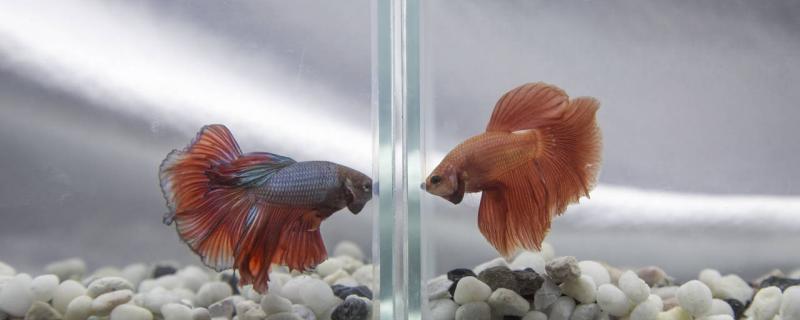 1. Precautions for raising Thai betta fish
1. Precautions for raising Thai betta fish 1. Raising alone: Thai betta fish is fierce in character and has a strong sense of territory, especially among males, not only fighting for territory, but also fighting for spouses. When rearing in captivity, it is best to put them in separate containers.
2. Constant water temperature: Thai betta fish are not very strict in water temperature, but they are sensitive to environmental changes. Breeders need to keep the water temperature constant so that they can live normally.
3. Reasonable feeding: Thai betta fish are omnivorous fish, and they are not picky about food. Breeders only need to feed animal feed with plant feed, which can meet the nutrition needed for their daily development.
2. Feeding method of Thai betta fish1. Feeding amount: The feeding amount of Thai betta fish is different at different stages. Under normal circumstances, Thai betta fish in their infancy can be fed in 5 minutes at a time. Because they eat less at an early age, and their digestion ability is not strong. When they are adults, they can finish eating in about 10 minutes at a time. Because they will eat more and digest more as adults.
2. Feeding frequency: Thai betta fish should be fed several times in infancy, and it is most appropriate to feed 3-4 times a day. When they are adults, they can reduce the feeding frequency, just one or two times a day.